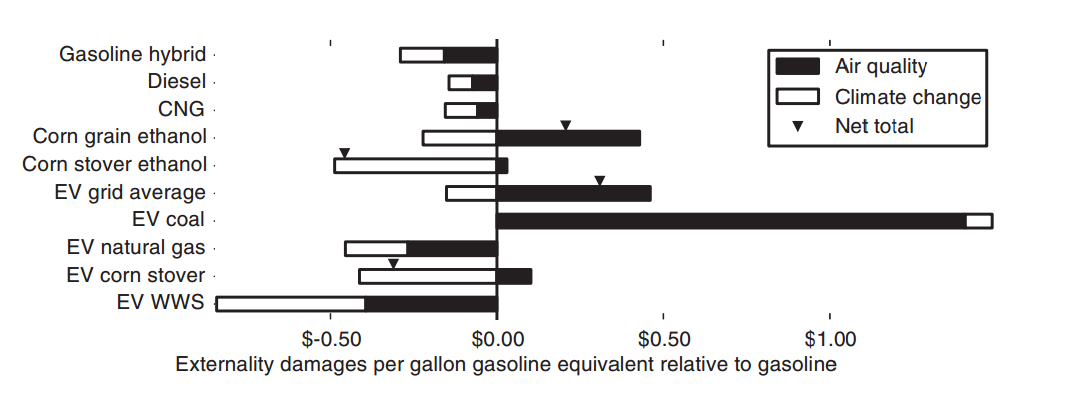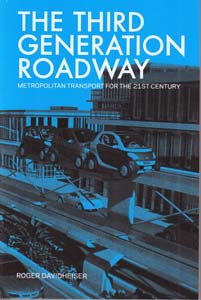This is true, they compare "average cars".
They also compare electrics to the most fuel efficient gas car out there, which yes, is the Prius (using EPA numbers).
They actually have boiled it down to a very easy to read map showing the greenhouse gas equivalent mpg rating in each region.
The info you quoted from their original study (45% of the population) has been updated to 60% as the EVs have gotten more fuel efficient.
And that is 60% of the population that lives in areas where an electric car is cleaner that a Prius.
I think electrics deserve more green cred than they get considering they local pollution gas cars emit.
The Tesla is a laggard when it comes to efficiencies of electric cars, but outstanding when compared to all the cars out there.
And did they include the phantom power? I'm not even sure that study includes the charging losses (was the watts/mile measured
from the battery?), or the evironmental production 'costs' (batteries), which must be amortized over the life of the battery/vehicle.
I think you are giving too much weight to the 'local' pollution issue. It is still pollution, and being 100's of times higher in some cases (I'd have to go back to find the exact numbers, but I think it was ~ 100x for NOx and several hundred x for SOx). Last time I checked, acid rain was not a 'local' issue. There are a lot of coal plants in some fairly populated areas, some are right within Chicago (may have just recently been closed?).
The attached chart shows a much higher cost for the externalities for a grid-powered EV compared to a hybrid. It shows pretty clearly the
overall health effects from coal. Chart from the National Academy of Sciences:
Life cycle air quality impacts of conventional and alternative light-duty transportation in the United States
Our approach combines spatially, temporally, and chemically detailed life cycle emission inventories; comprehensive, fine-scale state-of-the-science chemical transport modeling; and exposure, concentration–response, and economic health impact modeling for ozone (O3) and fine particulate matter (PM2.5). We find that powering vehicles with corn ethanol or with coal-based or “grid average” electricity increases monetized environmental health impacts by 80% or more relative to using conventional gasoline.
Again, looking at the big picture, none of this matters unless EVs make up some significant % of the miles driven. I have trouble picturing EVs making up say, 30% of miles driven. Since many would be used for shorter drives, and/or as a second car, that means more than 30% of the
vehicles, so maybe 40%? IIRC, the average age of the fleet is > 10 years, so even if every car sold from today on was an EV, it would take years to hit 40% - and do 40% of the car buying public have access to charging ports that would support those kinds of miles (a 110 outlet probably won't hack it for regular use). Lots of people park in lots or the street. I just don't see it happening, and I don't see any reason why it should happen - the advantages are not that great (other than comparing high-performance sports cars - a limited market).
But, people can (and do!) buy hybrids
today - and get all those environmental benefits
today, w/o any added restrictions to their driving habits. And at a fairly low cost. It is much easier to picture a high % of the fleet as hybrids, than it is EVs, for all those reasons.
While EVs can utilize 'green' energy, when will the grid actually be green enough to really make a difference? And what other advances will be made by then, outside of EVs? Hybrids are not standing still either.
-ERD50



